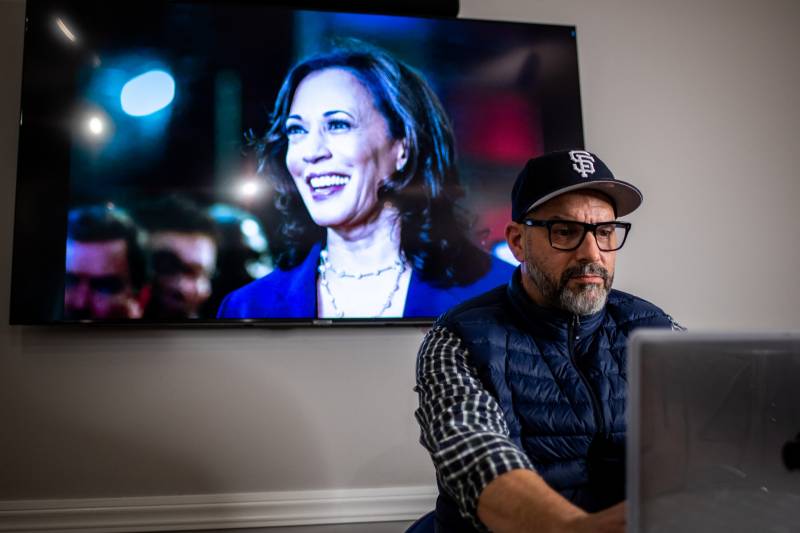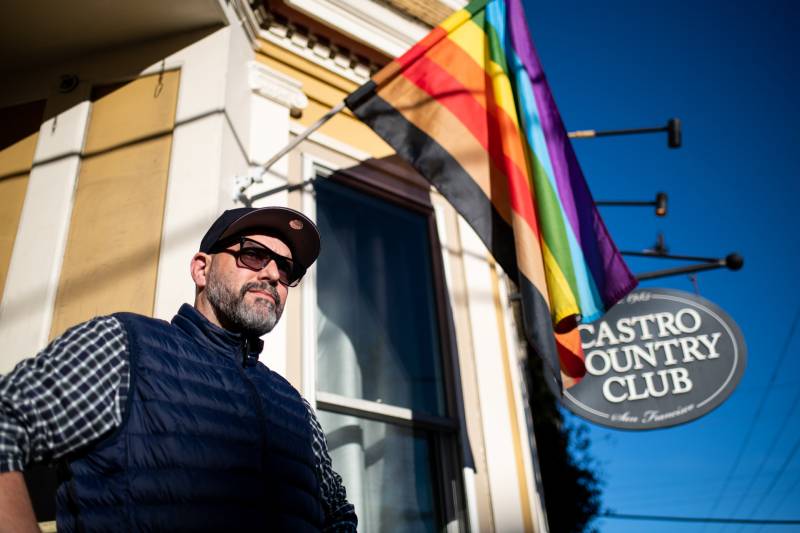He would go to Boudin Bakery on Fisherman’s Wharf to buy bread bowls, hollow out the break, line the inside of the sourdough with meth, then cover it back up and shrink wrap it, he says, adding “some accoutrement from Fisherman's Wharf, so it looked like a care package,” then shipped it to Boston. Then his customers would send back $16,000 in $20 or $100 bills via FedEx.
“No exaggeration, my life was 'Breaking Bad' with show tunes,” he says, referring to the television show about an entrepreneurial meth cook. “That sounds fun and funny, but it wasn't. It was that bad. There were guns and people getting robbed. Stolen cars, people getting beat up. It was bad.”
Though Billy was never caught for the cross-country care packages, he was arrested three times over his 10-year drug career for possession or intent to sell. The first two times, he served a month or so in jail, then skipped out on probation. The third time, he got caught with a half-pound of meth and was facing a mandatory sentence in state prison.
The day he was scheduled to go before the judge, he sat in his jail cell at 850 Bryant St. in San Francisco, desperately bargaining with himself, with God, with the universe: "Please, please, anything. Is there anything you can do to get me out of this?"
Billy was escorted to the courtroom in his orange jumpsuit and shackles.
And the judge dismissed his case.
“I was released that day,” Billy says.
The Kamala Harris Twist
This was 2010. Kamala Harris was the district attorney of San Francisco and her office was swept up in a scandal involving the San Francisco Police Department’s drug crime lab: a 60-year old lab technician was suspected of skimming cocaine out of the evidence room for her own use, throwing the integrity of about 1,000 drug cases into question.
Harris’ office, which relied on this evidence and the testimony of technicians in drug prosecutions, came under fire for failing to disclose the tainted evidence to defense teams, and for failing to have a policy in place for how to handle potentially exculpatory information like this.
Though her office initially tried to minimize the number of cases affected and fought hard to keep them alive in court, Harris ultimately decided to drop them.
“It was like Christmas for drug addicts. Everybody was getting released,” Billy remembers. “I was the lucky beneficiary of one of those cases.”
To Billy, it was the answer to his prayer. A sign that the universe wanted something different for him. He committed that day to stop selling drugs, he says, and he made his way to rehab.


